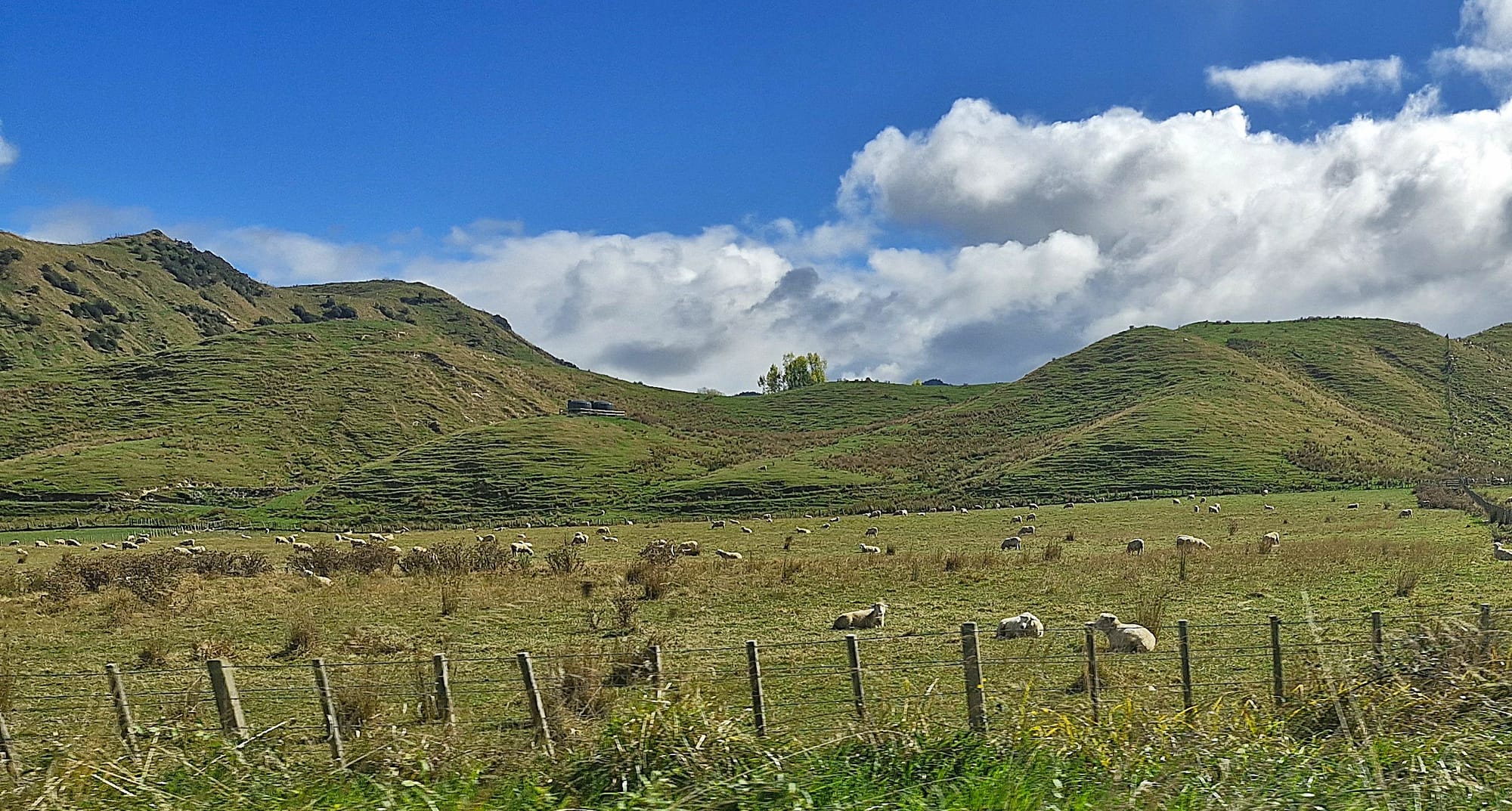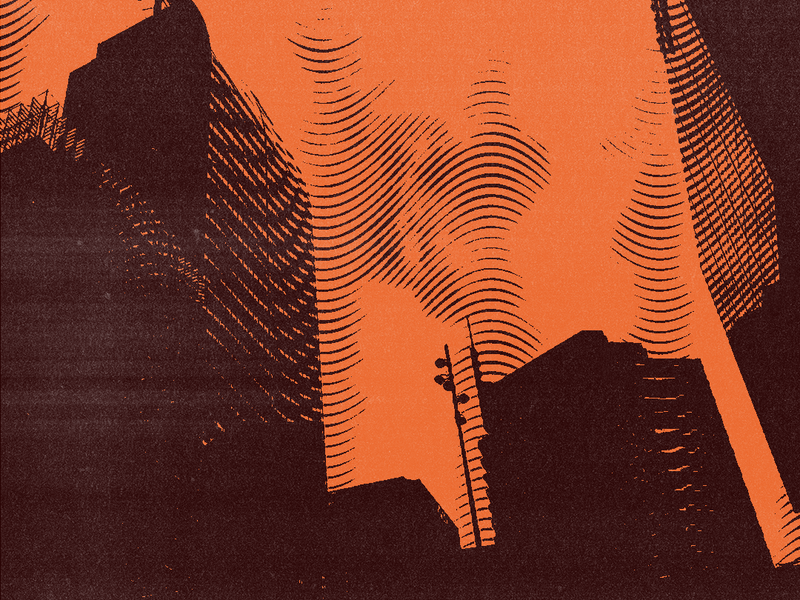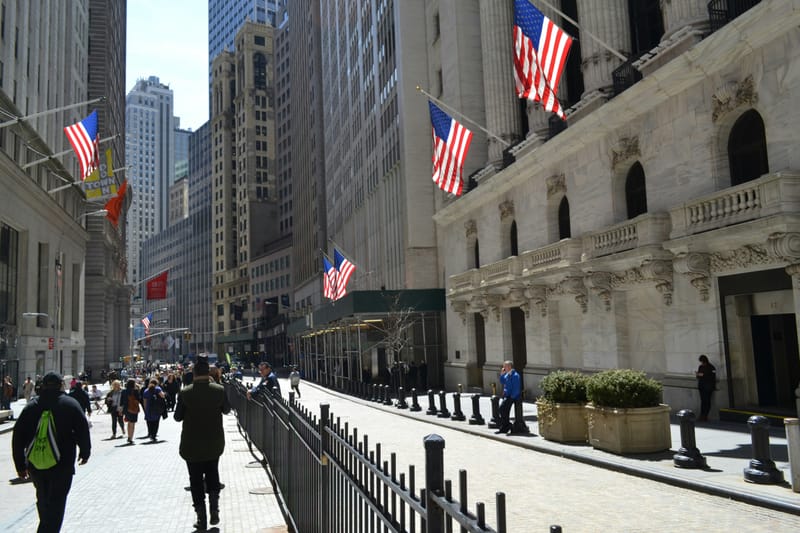PAUL MCBETH: Wrightson board served a very cold dish
Agria perfectly executed its public execution.
Paul McBeth is the editor of The Bottom Line and Curious News, and previously worked at BusinessDesk for 15 years. He’s been a member of the NZ Shareholders’ Association since February 2024.
The very public dumping of PGG Wrightson chair Garry Moore and his deputy Sarah Brown from the board of the rural services company is a sharp wake-up call for directors up and down the country – if you’re not on side with your owners, it’s time to dust off your CV.
Moore and Brown, along with their fellow independent director Charlotte Severne, were feted last year by the New Zealand Shareholders’ Association for staring down Wrightson’s cornerstone shareholder Agria’s bid to sweep a board that had grown uncomfortable with the amount of cash it was spitting out in the form of dividends.
We might like the concept of being transparent and aboveboard in our transactions, but that was a harsh lesson for Agria and its principal Alan Lai, who were chased off and left to lick their wounds for a year when they mounted their public campaign to get more hands-on at the firm.
But lick their wounds they did.
When Moore and Brown were up for re-election at last week’s annual meeting, there were no inklings of an unhappy shareholder, let alone one who’d been having quiet chats with the company’s other major owner – Australia’s Elders – to ensure they held all the cards when it came time to vote at the Sudima hotel at Christchurch airport.
Are you ready?
After all, Severne, who chairs the health, safety and environment committee, sailed through re-election at last year’s annual meeting, and the company had just raised its earnings guidance as it enjoyed the tailwinds of a booming primary sector that’s pried open farmers’ wallets and fuelled their appetite to spend.
And that’s before the 8,000 or so Fonterra dairy farms get their share of the $4.2 billion from the sale of Mainland, and 4,500 Alliance sheep farmers pocket their part of the $270 million injection from Ireland's Dawn Meats.
It’s easy to see this as a precursor to a bigger play, but Agria would be highly unlikely to mount a full takeover given it had to water down its controlling stake when accepting it and its principal breached the foreign investment regime’s good character test.
That was in the wake of a deal Lai and Agria reached in 2018 with the US Securities and Exchange Commission to make accusations of fraudulent accounting and market manipulation go away – without admitting liability of course.
Another place I find
That didn’t save Lai from copping a A$10,000 fine from CPA Australia in 20220 and having his membership stripped for five years, which comes to an end in December.
Meanwhile, Elders is a hungry beast keen to keep on growing earnings through acquisitions, although it would be a John Key-level of ambition for it to wolf down Wrightson while also integrating its recent A$475 million purchase of Delta Agribusiness across the Tasman.
In saying that, Elders wouldn’t have to worry about any pesky antitrust issues having quit New Zealand just over a decade ago when it sold its local businesses to the low-key Carrfields in Ashburton.
That type of supposition among Wrightson’s 8,900 shareholders won’t be laid to bed by Agria’s fairly anodyne statement that it’s committed to its long-term investment, but it doesn’t take a betting person to predict a return of hefty dividends that made Moore and his fellow directors uneasy.
After all, Agria has its own mouths to feed, although as Tim Hunter pointed out in his latest National Business Review column, its minority investors have been in no-man’s-land since it was turfed from the New York Stock Exchange in early 2017.
A place I like to hide
One of those mouths closer to home is Hong Kong-listed China Pipe Group, which counts Alan Lai as its biggest shareholder and former executive chair.
China Pipe loaned Agria US$10 million in May 2016 through various subsidiaries, initially clipping a 10.5% interest rate until mid-2020 when it was cut to 5.5%, a level it stayed at in the latest extension to the agreement in July of this year.
That’s US$550,000 due every year, which in kiwi dollar terms is the thick end of a million dollars, all of which eats into a shrinking dividend stream for the Caymans Island-based company.
In the June financial year just gone, Agria’s share of the dividends was $2.2 million, a welcome return after the dividend drought of The June 2024 year, but well short of the $7.4 million and $10 million in the two years prior.
You don’t know the chances
That’s a lot to swallow in a world where cash is ultimately king.
Agria spent $224 million building up the stake when it first emerged as a white knight in 2009 to help recapitalise the heavily indebted Wrightson after the failed merger with Silver Fern Farms and later went on to mount a partial takeover two years later.
Since then, it’s reaped $124.4 million in dividends and pocketed $104 million from sale of Wrightson’s seeds business to Denmark’s DLF Seeds in 2019, plus it sold $8.3 million of shares a few years ago.
At Friday’s closing price of $2.38, Agria’s Wrightson stake is worth $79.6 million, for a total shareholder return of $92.3 million, or 41%, over the past 16 years or so – a mediocre performance to put it lightly.
Agria served the former Wrightson independent directors a very cold dish indeed, but don’t be surprised if it's the company’s minority shareholders who start feeling the chill after what’s been a rather hot run for the rural supplies firm.
Image from Curious News.








